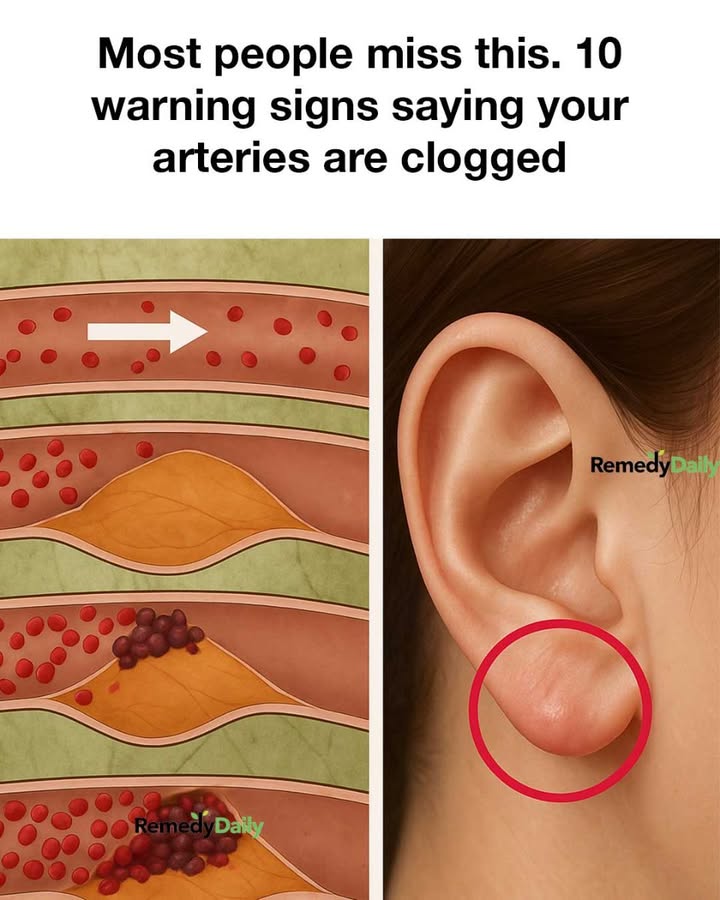Arterial health is a critical component of overall cardiovascular well-being. Arteries are blood vessels that carry oxygen-rich blood from the heart to the rest of the body. When these vessels become clogged or narrowed due to plaque buildup—a condition known as atherosclerosis—it can lead to serious health issues, including heart attacks and strokes. Understanding the signs of clogged arteries is essential for early intervention and prevention of more severe complications.
The Importance of Early Detection
Early detection of clogged arteries can significantly reduce the risk of life-threatening cardiovascular events. Many people are unaware of the subtle symptoms that indicate arterial blockage, often dismissing them as minor ailments. By recognizing these warning signs early, individuals can seek medical advice and make lifestyle changes that may prevent further arterial damage and improve heart health.
1. Chest Pain or Angina: Recognizing the Warning Signs
Chest pain, or angina, is one of the most common symptoms of clogged arteries. It occurs when the heart muscle doesn’t receive enough oxygen-rich blood. This pain may feel like pressure, squeezing, fullness, or pain in the center or left side of the chest. It often occurs during physical exertion or stress and may subside with rest. Recognizing angina as a warning sign can prompt timely medical evaluation and treatment.
2. Shortness of Breath: When Breathing Becomes Difficult
Shortness of breath can be a sign that your heart is struggling to pump blood effectively due to clogged arteries. This symptom may occur during physical activity or even at rest in severe cases. It is often accompanied by other symptoms such as fatigue or chest discomfort. If you experience unexplained shortness of breath, it is important to consult a healthcare professional to assess your cardiovascular health.
3. Fatigue and Weakness: Identifying Unusual Tiredness
Persistent fatigue and weakness can be indicative of reduced blood flow to the heart and other parts of the body. When arteries are clogged, the heart has to work harder to pump blood, leading to feelings of exhaustion. This symptom is often overlooked as it can be attributed to various other factors, but when combined with other signs, it warrants further investigation.
4. Dizziness or Lightheadedness: Understanding Circulatory Issues
Dizziness or lightheadedness can occur when there is insufficient blood flow to the brain due to clogged arteries. This symptom may be transient but should not be ignored, especially if it occurs frequently or is accompanied by other symptoms such as chest pain or shortness of breath. It is crucial to seek medical advice to determine the underlying cause.
5. Heart Palpitations: Noticing Irregular Heartbeats
Next Page

